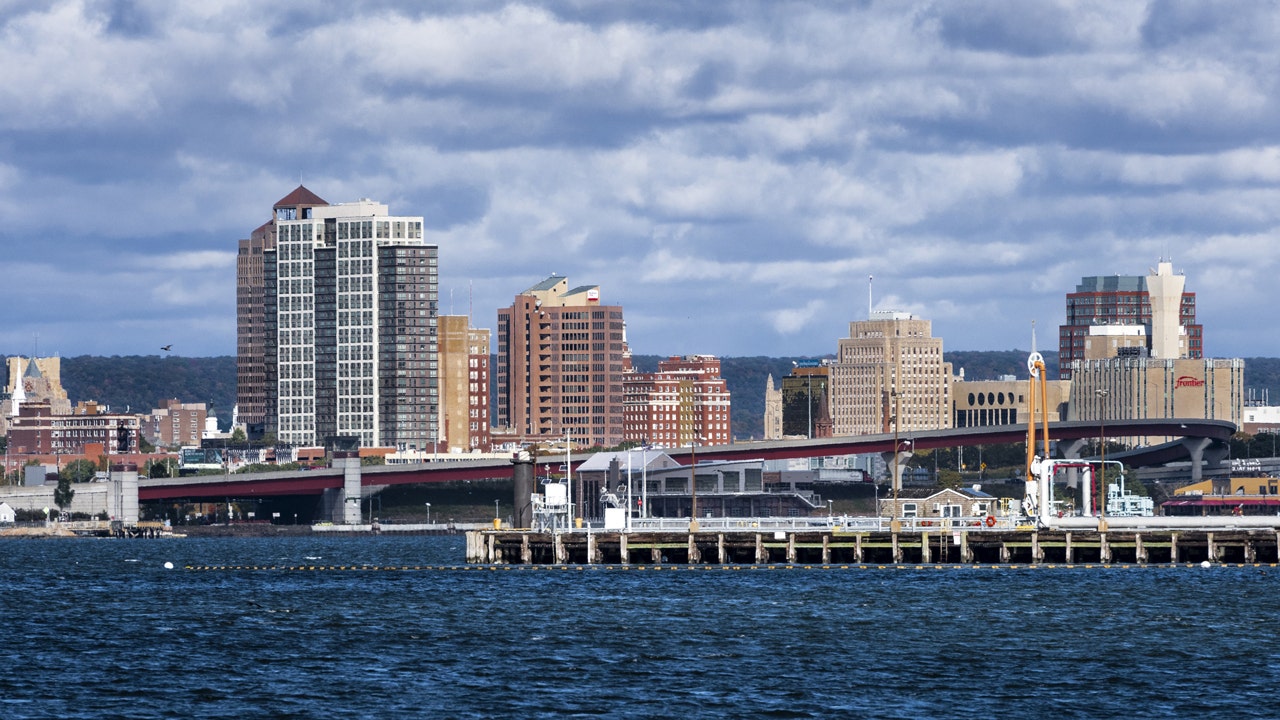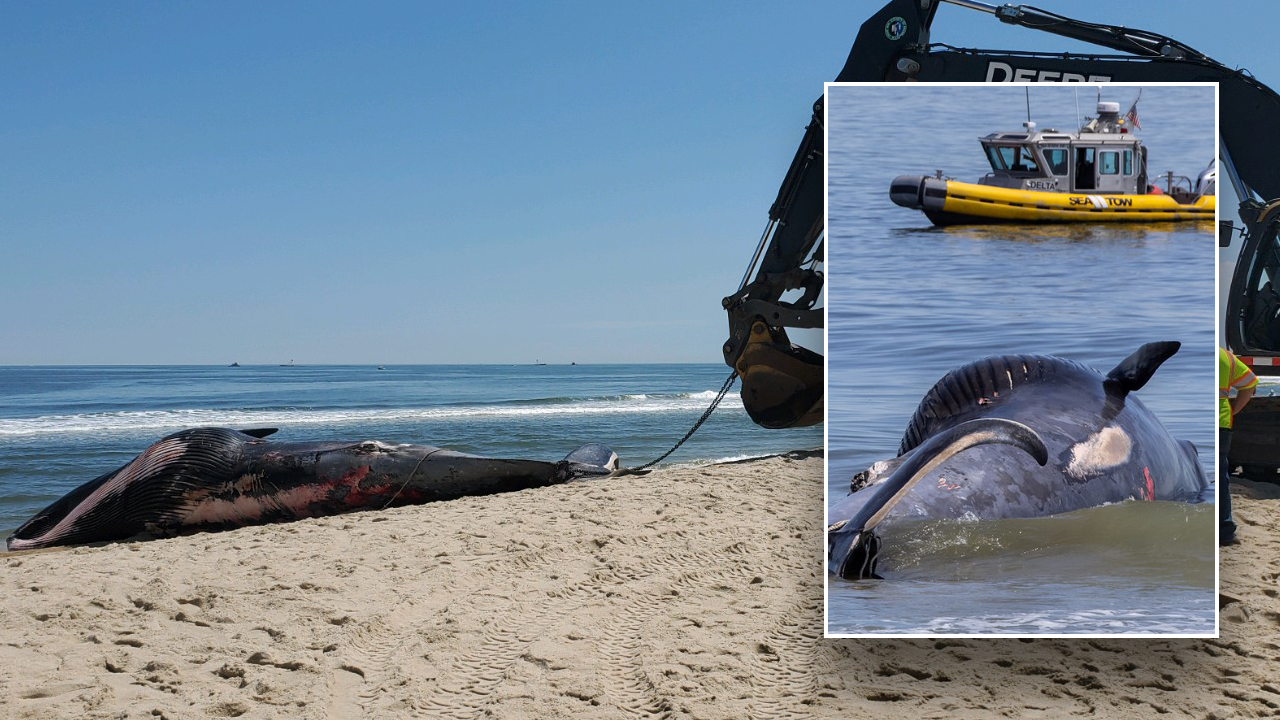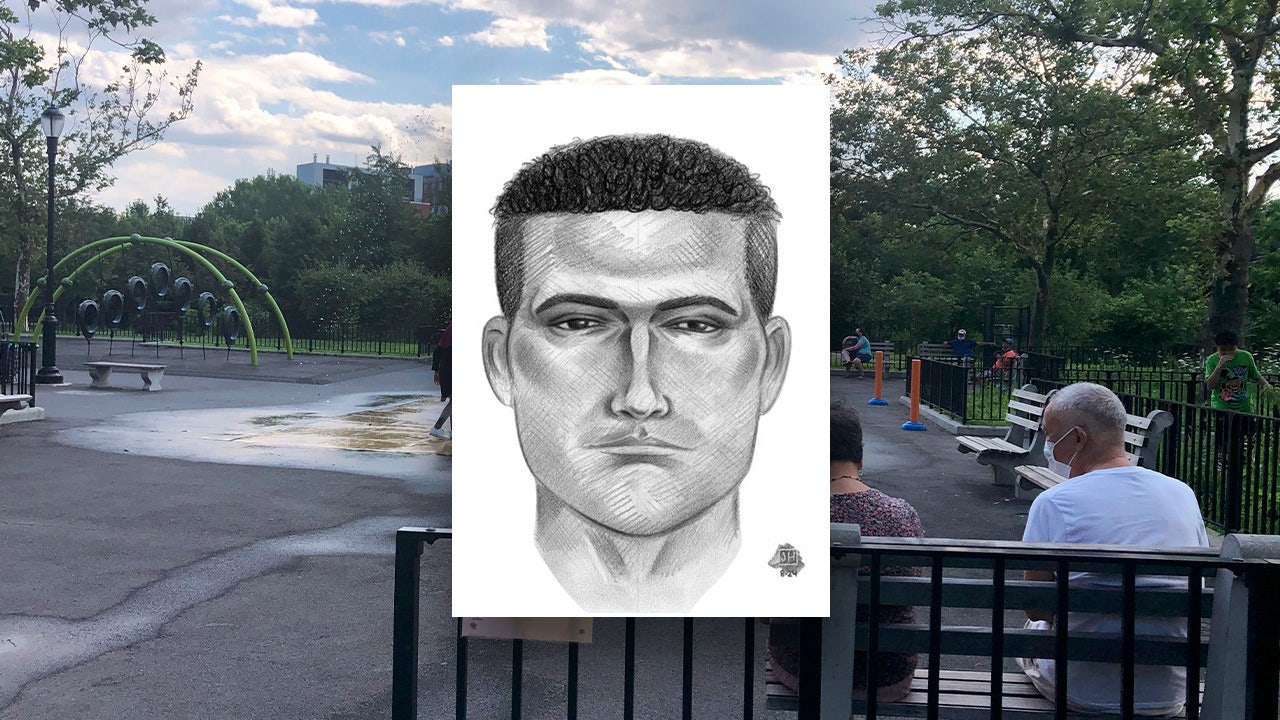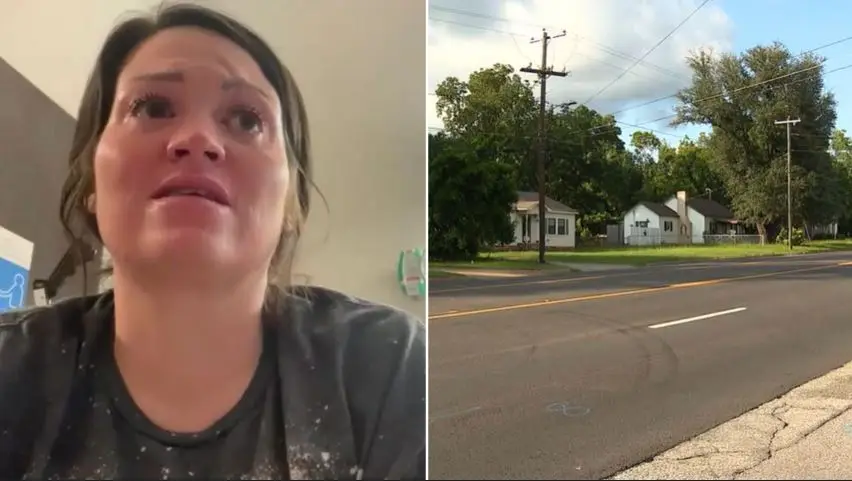The Supreme Court will consider on Monday how far cities and states can go to police homelessness, in a case that could have profound implications for how the country addresses an escalating crisis.
The case reflects a broader fight over regulating homelessness and the complexity of balancing the civil rights of homeless people with concerns about health and safety in public spaces.
The issue has united people across the political spectrum, with some leaders of left-leaning cities and states joining with conservative groups to urge the justices to clarify the extent of their legal authority in clearing encampments that have proliferated across the West in recent years.
The dispute centers on Grants Pass, a city of about 40,000 in southern Oregon that, through a series of overlapping ordinances, outlawed sleeping and camping with any kind of bedding in public spaces. The question before the justices is whether those laws went so far that they punished people for being homeless and violated the Eighth Amendment’s prohibition on cruel and unusual punishment.
A group of homeless residents is challenging the city’s enforcement of the ordinances as unconstitutional, arguing that they are involuntarily homeless in the city because there are not shelter beds available and that the city may not punish them without offering shelter.
City officials in Grants Pass counter that this is a fundamental misunderstanding of the Eighth Amendment. They warn that a ruling in favor of the plaintiffs would fuel homeless encampments across the country and hamstring the ability of local governments to respond.
The case began in October 2018, when Debra Blake, a homeless woman in Grants Pass, sued the city, accusing officials of breaching the Constitution.
“The city of Grants Pass is trying to run homeless people out of town,” the lawsuit said. “On any given day or night, hundreds of individuals in Grants Pass, Oregon, are forced to live outside due to the lack of emergency shelter and affordable housing in their community.”
Ms. Blake cited statistics that more than 1,000 residents in Josephine County, a rural area where Grants Pass is the largest city, were homeless or at immediate risk of homelessness.
“The people living outside in Grants Pass have nowhere else to go,” the lawsuit said. “Like all people, they require a place to rest, sleep, stay warm and stay alive.”
The plaintiffs’ argument rests in part on a 1962 case, Robinson v. California, in which the Supreme Court held that laws imposing penalties on people for narcotics addiction violated the Eighth Amendment because they punished a state of being, not a specific action, like drug possession or sale. In a similar fashion, the plaintiffs contend, Grants Pass is punishing people for being involuntarily homeless, not for specific actions.
That argument held sway in a separate case, Martin v. Boise, in 2018. In that case, a panel of judges from the U.S. Court of Appeals for the Ninth Circuit ruled that Boise, Idaho, had violated the constitutional rights of homeless people by imposing criminal penalties for sleeping and camping outdoors, even though the city did not have enough shelter beds.
Lawyers for Grants Pass point to the Boise case as a cautionary tale.
The decision only hastened “sprawling encampments, rising deaths and widespread harms to the community, as localities are forced to surrender their public spaces,” the lawyers wrote in a brief.
Siding with the plaintiffs, lawyers warned, “would undermine settled doctrine, require courts to micromanage homelessness policy across the country and upend traditional principles of criminal responsibility.”
The lawyers added that lawmakers, not courts, were best suited to address homelessness and the complexity of its root causes.
Underlining the tricky balance inherent in the case, a number of groups have sought to strike something of a compromise in staking out a position.
The Biden administration, the city and county of Los Angeles, the city and county of San Francisco, California and the state’s governor have weighed in, all seeking to fall somewhere in the middle and thread a careful balance between support for homeless residents and for broader communities.
The Biden administration, which will participate in oral arguments, has not chosen a side in the dispute.
Even as it was sharply critical of laws that effectively criminalize homelessness — policies that it argues can make it harder for people to escape their circumstances — the administration said local governments had a basic responsibility to maintain the cleanliness and safety of public spaces like parks and sidewalks.
In its brief, the Biden administration said that Grants Pass’s ordinances appeared to be unconstitutional because they made it illegal for a person to sleep in public using any kind of bedding, including a blanket.
But it split from the plaintiffs by contending that lower courts erred in treating all homeless people as one class. To decide whether an Eighth Amendment violation has occurred, the administration said, courts must examine each individual’s circumstances.






